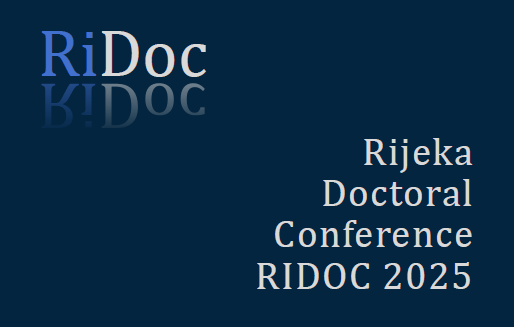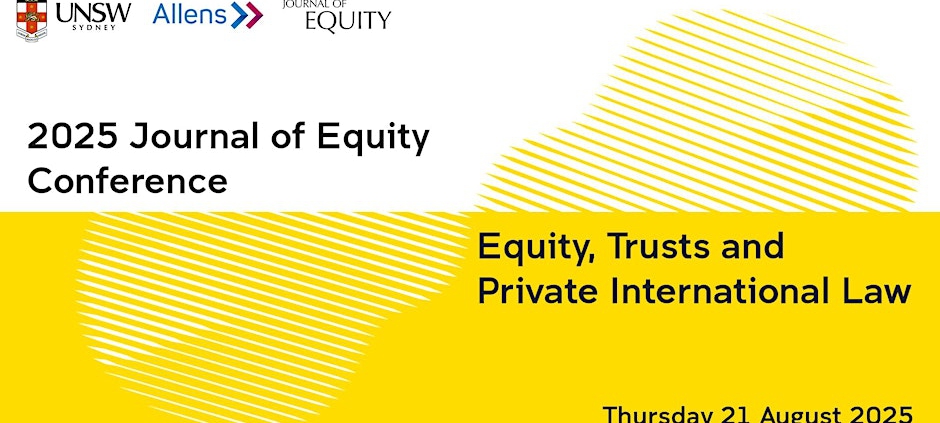Views
Tesseract: Don’t Over-React! The High Court of Australia, Proportionate Liability, Arbitration, and Private International Law
By Dr Benjamin Hayward
Associate Professor, Department of Business Law and Taxation, Monash Business School
X: @LawGuyPI, @MonashITICL
On 7 August 2024, the High Court of Australia handed down its long-awaited decision in Tesseract International Pty Ltd v Pascale Construction Pty Ltd [2024] HCA 24. The dispute arose out of a domestic commercial arbitration seated in South Australia, where the Commercial Arbitration Act 2011 (SA) is the relevant lex arbitri. That Act is a domestically focused adaptation of the UNCITRAL Model Law on International Commercial Arbitration (with its 2006 amendments).
The respondent to the arbitration sought to rely upon proportionate liability legislation found in the Law Reform (Contributory Negligence and Apportionment of Liability) Act 2001 (SA) and in the Competition and Consumer Act 2010 (Cth). The High Court was asked to determine whether those proportionate liability regimes could be applied in the arbitration. A very practical difficulty arose here, reflected in Steward J noting (in dissent) that the High Court was ‘faced with an invidious choice’: see [228]. Were the proportionate liability laws not to apply in the arbitration, the respondent might find themselves liable for 100% of the applicant’s loss, when they would not be liable to that same extent in court proceedings applying the same body of South Australian law. But were the proportionate liability laws to apply, the applicant might find themselves able to recover only a portion of their loss in the arbitration, and might then have to then pursue court proceedings against another third party wrongdoer to recover the rest: given that joinder is not possible in arbitration without consent. Read more
First Thai Monetary Judgment Enforced in China, Highlighting Presumptive Reciprocity in China-ASEAN Region
This post is kindly provided by Dr. Meng Yu, lecturer at China University of Political Science and Law, and co-founder of China Justice Observer.
Key Takeaways:
- In June 2024, the China-ASEAN Free Trade Area Nanning International Commercial Tribunal under the Nanning Railway Transportation Intermediate Court in Guangxi ruled to recognize and enforce a Thai monetary judgment (Guangxi Nanning China Travel Service, Ltd. v. Orient Thai Airlines Co., Ltd. (2023) Gui 71 Xie Wai Ren No. 1).
- Apart from being the first case of enforcing Thai monetary judgments in China, it is also the first publicly reported case confirming a reciprocal relationship based on “presumptive reciprocity”.
- The Chinese court’s confirmation that “presumptive reciprocity”, as outlined in the Nanning Statement, is a form of mutual consensus between China and ASEAN countries helps to promote the circulation of judgments within the China-ASEAN region.
News
Doctoral Conference on Law – Abstract Submissions Open for RIDOC 2025
The Faculty of Law at the University of Rijeka has announced the upcoming edition of RIDOC: Rijeka Doctoral Conference, which will take place on Friday, 12 December 2025 in Rijeka, Croatia.
RIDOC is an international academic conference designed for doctoral students in law and related disciplines. It offers a unique platform for early-career researchers to present, test and discuss their research ideas in front of an expert academic audience and fellow PhD candidates from across Europe and beyond.
Key Information:
Conference date: 12 December 2025
Location: Faculty of Law, University of Rijeka (Croatia)
Abstract deadline: 20 October 2025
Submission email: ridoc@pravri.uniri.hr
More information on the web
Contributions from all areas of legal research are welcome, including private international law and related areas. The language of the conference is English.
Report on the 2025 Journal of Equity Conference – Equity, Trusts and Private International Law
On 21 August 2025, the UNSW School of Private and Commercial Law, the Journal of Equity and Allens jointly hosted the 2025 Journal of Equity Conference. This year’s one-day Conference focused on important questions at the intersection of equity, trusts and private international law. It featured four papers delivered by judges and scholars, each of which was followed by ample time for insightful questions and discussion among over 30 judges, lawyers and scholars attending the office of Allens in (rainy) Sydney.
New Editor
We are delighted to announce another addition to our Editorial Board: Elsabe Schoeman.
Elsabe has long been one of the leading scholars of private international law in South Africa, having authored countless publications in the areas of jurisdiction in cross-border commercial litigation and choice of law in contract, delict/tort and selected areas of family law, with a recent focus on access to justice for victims of human rights infringements and environmental torts. She has also advised a variety of law commissions and private law firms on these topics.
Elsabe has just left the office of Dean of the Faculty of Law at the University of Pretoria and will be focusing her work for the blog on legal developments in South Africa.





